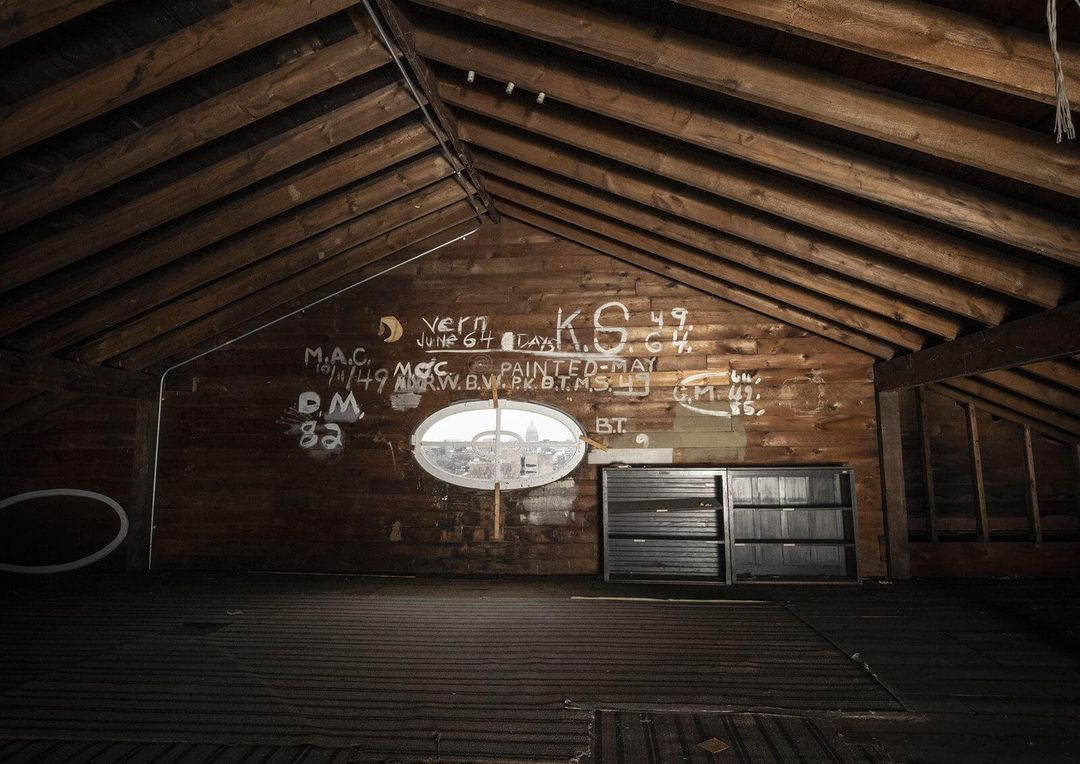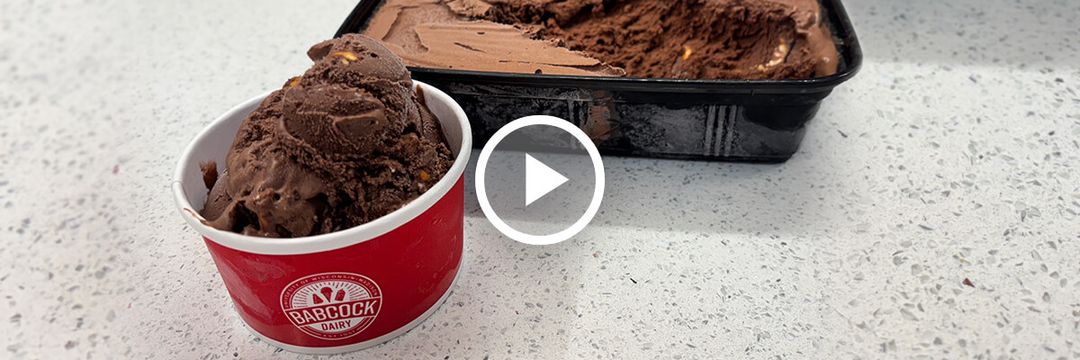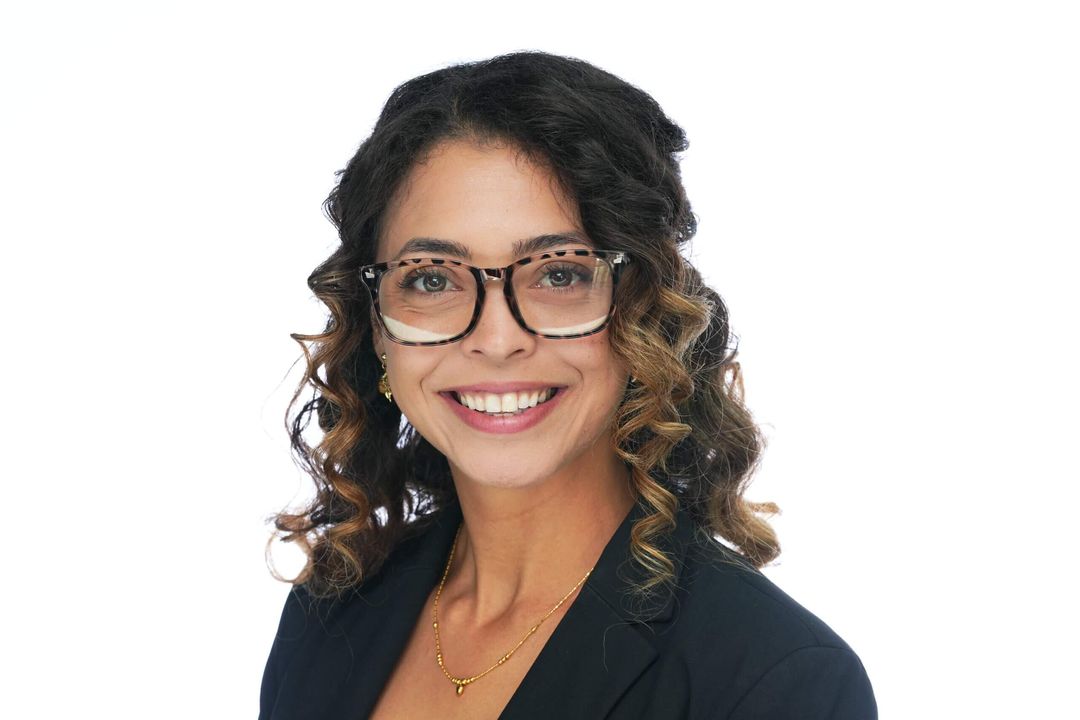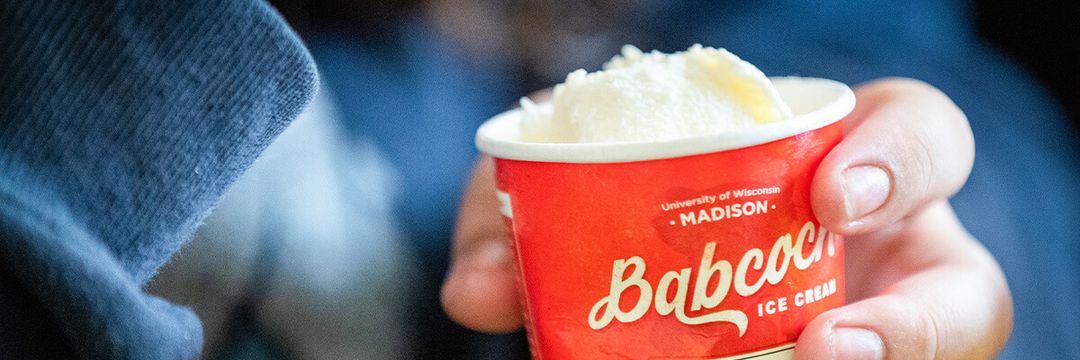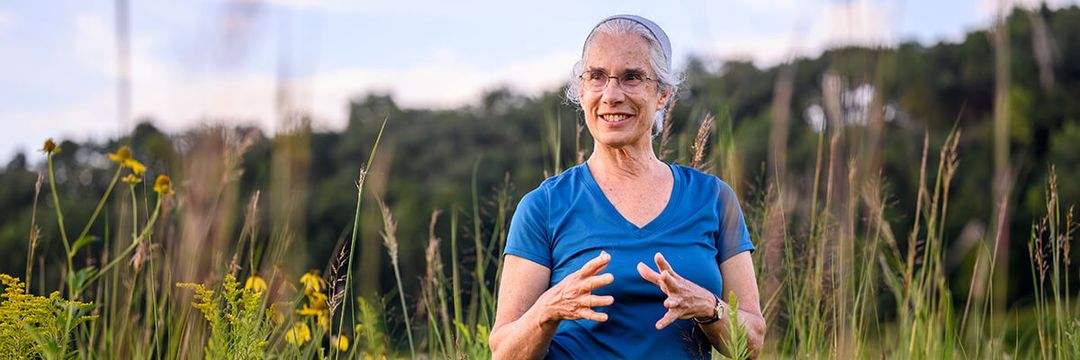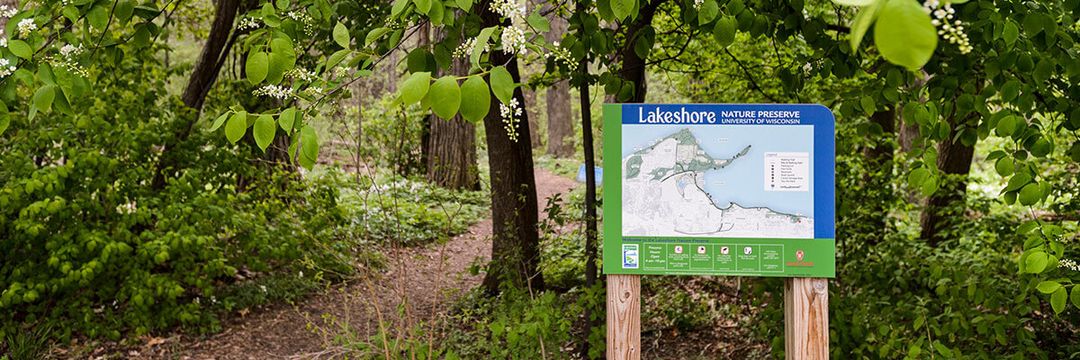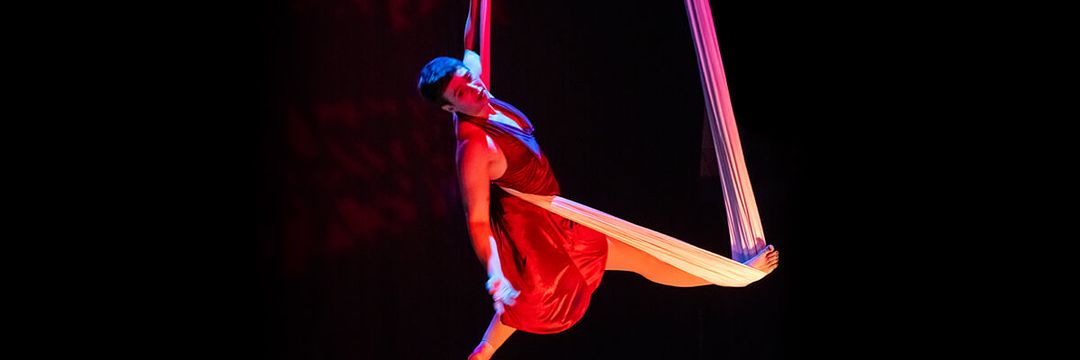When Jay Flores ’12 was an inquisitive tot banging on pots on the kitchen floor or building an airplane out of couch cushions, his parents didn’t stop or scold him; instead, they handed him another spoon or propped up the pillows. This, he says, made all the difference.
“I feel that everyone is excited about these things early on, and then somewhere along the way we mess it up because either [the kids] didn’t have any reason why they should be learning these things, or it’s a representation issue,” Flores says. “The younger we can instill those opportunities and excitement around [science], encourage that curiosity, and allow them to ask why, the more resilient they’re going to be.”
After a getting a UW degree in mechanical engineering and working in the industry, Flores founded his own company, Invent the Change, to bring science,
technology, engineering, and math (STEM) to young people around the country. He focuses especially on communities that are currently underrepresented in STEM spaces.
“[These] are considered very difficult subjects, and when you’re trying to do things that have never been done before, there are already hard enough things that engineers and scientists have to deal with,” Flores says. “I hope that people will view inclusion as not the right thing to do, but as something we have to do if we want to be successful. We’re missing out on a lot of innovation and solutions to problems if we’re not including everyone.”
According to Flores, the key to inclusion lies in introducing kids to STEM while the world is still full of wonder. Here, he shares tips for investing in the innovators of the future by instilling an interest in STEM while they’re young.
Nurture curiosity from the start.
If you really want to make an impact on young girls or in underserved communities, you can’t wait until they’re already behind in certain subjects or they’ve already decided that they’re not really that interested in science or math. ... I feel that all kids are born scientists, just like I was. Everything is an experiment. Once you open your eyes when you’re born, everything is new, and you’re exploring, and you’re learning. But along the way, [maybe] they have an experience with failure, and it isn’t positive, or when they’re asking questions, people are saying, "Because I said so," or "Because I’m the adult," or they just get shut down in that exploration process.
Share examples of STEM careers across industries.
I was the kid in math class that always asked, "Why would I ever need to use this in my life?" Now I have all these cool, real-life examples to share with the kids that are asking that same question that I had.
When I talk to students about STEM, I’m not trying to push them in any particular direction. I just want them to understand that they can enrich their life with science. If you’re passionate about basketball but you’re not LeBron, you can do sports analytics. If you want to help people but you don’t want to be a doctor, maybe you can design medical devices. There are a lot of different things that kids can do in the areas that they’re already passionate about when you add science behind that.
Even if they don’t go on to be an engineer or a hardcore research scientist, just having that STEM literacy is going to make them better at whatever it is they do.
Celebrate scientists.
I want [science] to be elevated to the same level as we elevate things like sports and entertainment. That’s very important for our country, for the globe. [We need to see] people that are doing things that change the world in a positive way to be celebrated, to be recognized, and for young people to [aspire to do] those things.
Seek out the edges of comfort zones.
It’s a feeling that you should try to find because that’s where growth happens. That’s where innovation happens. I hope to share that with kids early on so that they get used to that process and that feeling, and then eventually start to almost seek it because they know something good’s going to happen afterward.
One of the ways Flores inspires young scientists is through his YouTube series and live show, It’s Not Magic; It’s Science!

